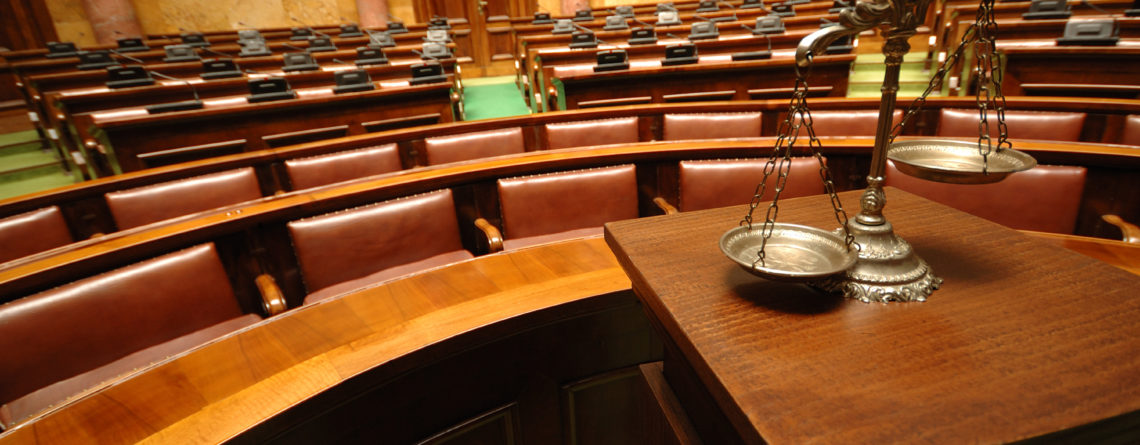Supreme Court Deals Blow to Public Sector Unions
Mark Buckberg, CPA, CFE, CFF
The United States Supreme Court yesterday issued their long awaited ruling in the Harris v. Quinn case. In a 5-4 split, it is the Supreme Court’s opinion, as delivered by Justice Samuel Alito, that the First Amendment does not permit a State to compel a personal care provider to subsidize speech on matters of public concern by a union they do not wish to join or support.In this case, a group of Illinois home care workers, led by Pamela Harris, who served individuals with disabilities through the federal-state Medicaid program, argued that they should not have to pay union dues for the state’s contract with the Service Employees International Union (SEIU), even though the union is required to represent them, and they benefit from its services.
Labor unions in Illinois, and many other states, collect dues from thousands of home health care providers. With this decision, Unions now stand to lose the dues revenue they currently receive from these workers who still benefit from the Unions’ work.
The Courts decision does not overturn the 1977 case Abood v. Detroit Board of Education, which held that a government entity may require public employees to pay a fair share of the costs that a union incurs negotiating on their behalf for better terms of employment. This practice, known as “Fair Share,” allows a labor union representing public sector employees to collect a representation fee from individuals that do not desire to join the union, as long as those fees are not used for political or ideological activities.
This ruling is specific to this particular segment of workers. Justice Alito’s opinion noted that, under Illinois law, the home care recipient, termed the “customer,” and the state both play some role in the employment relationship with the home care worker, termed the “personal assistant.” However, the customer controls most aspects of the employment relationship and the state’s involvement is minimal. As the personal assistant is an employee of the customer, and not the state, the personal assistant does not receive most of the rights and benefits of state employees.
Justice Elana Kagan wrote in the dissenting opinion that the only point of dispute is whether it matters that the personal assistants in this case are employees not only of the state, but also of the disabled persons for whom they care, and concluded that it does not. Justice Kagan also wrote that the fact that Abood was not overturned is cause for satisfaction, but not applause.
The court’s full opinion for Harris v. Quinn is available at the Supreme Court website (PDF).







